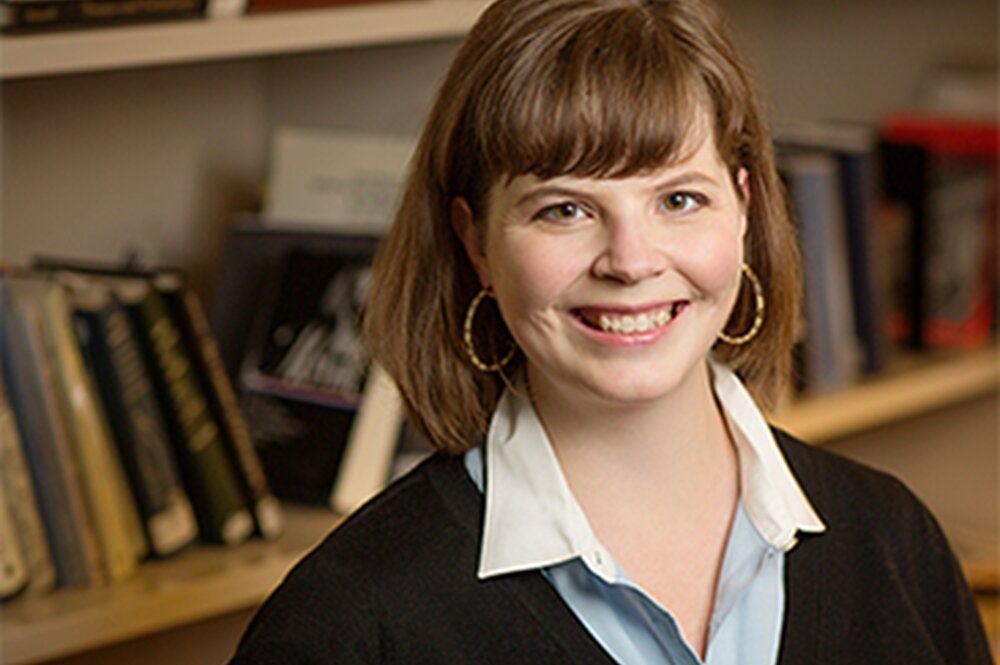

A wave of nationalism in 19th-century Europe laid the groundwork for borders and identities that remain today, but the forces that inspired it have not always been understood. The recent work of one professor at the University of Illinois, however, has revealed more precisely how literature became one of that era’s great engines of change.
In European history it’s been established that literature—often in the form of national myths—was instrumental in creating a sense of nationalism amongst people whose identities weren’t always so clearly linked to a country. But David Cooper, an assistant professor of Slavic languages and literatures, wanted to reach even deeper into the issue, and so he examined why Czech and Russian literary intellectuals of the early 19th century began addressing national identity in the first place.
In short, the reason stemmed from a literary “crisis,” Cooper explains, during which Greek and Roman classics—long the standard by which European literature was judged—became regarded as less relevant by European society. With advancing knowledge and technology it became clear that Greece and Rome were very different than modern Europe, Cooper says.
“It became problematic, then, for [Greek and Roman] literary works to be the standard by which modern European literary works were judged,” he says. The retreat from old literary standards left the need for new standards by which to judge literature.
The standard that emerged—and one that applied to history, identity, independent values, and a developing concept of borders and countries—was the modern nation. Writers worked to apply this new concept to their literature, and they began to define national character and history.
“Literary intellectuals had a large stake in the creation of national myths, concepts of national identity, and so on, and they became major players in the process of articulating national identity,” Cooper says. “The crisis in literary aesthetics is a fundamental factor in the development of national identity, but one that has thus far been largely overlooked.”


